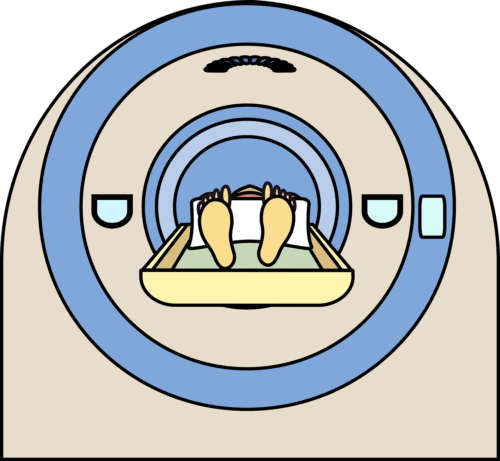Scientists from Ben-Gurion University of the Negev and the Soroka Medical Center have developed the ability to predict the biological age of the brain compared to the chronological age using MRI scans * Determining the age of the brain may be used as an important biological marker in dealing with degenerative diseases and monitoring their progress

How well does brain age match your chronological age? Researchers from Ben-Gurion University of the Negev and the Soroka Medical Center have developed a new tool that will now be able to provide an answer to this question.
If you thought that the age of your brain necessarily corresponds to the age of your body - think again. In a normal state of health, this is indeed the case, but when there are various brain pathologies, such as Alzheimer's disease, the brain may appear older. Studies also show that a large gap between brain age and chronological age predicts diseases. For these reasons, determining the age of the brain may be used as an important biological marker in dealing with degenerative diseases and monitoring their progress.
The research team developed a deep learning-based method for predicting brain age based on a very large database of structural MRI scans and examined what actually makes our brains look younger or older. The research findings were recently published in the journal Human Brain Mapping.
The researchers trained a cluster of artificial neural networks on 15 open databases that include more than 10,000 structural MRI scans of the brains of healthy subjects aged 94-4. After the algorithm training phase, the neural networks predicted the chronological age of new subjects (on which the networks were not trained) within a deviation of three years.
Another interesting question that the researchers examined relates to the identification of the anatomical regions on which the networks "relied" in the process of predicting brain age. To this end, in the inference phase of the learning process, the researchers created "explanatory maps" using computational tools that made it possible to conclude to what extent each area of the brain contributed to the prediction of age. These maps were built for each subject and their combination allowed reliable inference for the entire population. In this way, the researchers identified that the cerebral ventricles and cerebral cavities called cisterns are of great importance in predicting the chronological age of the brain. These new findings pave new and interesting avenues for future research.
According to the researchers, "Our method presents the possibility that brain age and its deviation from chronological age can serve as a biological marker for brain health. The findings will help track brain development and provide early warning of diseases, which are essential steps in developing effective treatments. In addition, such a biomarker will provide additional insights into how diseases affect the brain."
Participating in the research were the doctoral student Gideon Levkov who led the research, Dr. Gideon Rosenthal, who completed his doctoral studies at Ben-Gurion University of the Negev, both from the Department of Cognitive and Brain Sciences, Prof. Ilan Shalf, Director of the Imaging Institute at the Soroka Medical Center, Dr. Tami Riklin Raviv from the School of Electrical and Computer Engineering and Prof. Galia Avidan from the Departments of Psychology and Cognitive and Brain Sciences. All are also members of the Zalotovsky Center for Neuroscience at Ben-Gurion University of the Negev.
More of the topic in Hayadan:
A new algorithm based on deep learning almost eliminates the need for gadolinium in MRI scans
The most powerful MRI scanners in the world and what is right for us in the future in the field
The project of building the atlas of the human brain is finished
